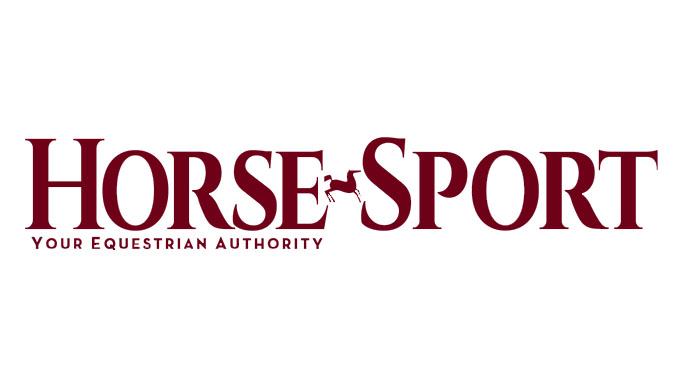Nagy, Murray and Dyson recently published a study in the first issue of the 2014 Equine Veterinary Journal (Volume 46, pages 38-44), titled Descriptive epidemiology and risk factors for eliminations from Fédération Equestre Internationale endurance rides due to lameness and metabolic reasons (2008-2011). In light of the upcoming Alltech World Equestrian Games in Normandy, France […]
Travel is very stressful on horses, especially long-haul ground trips or flights. There is evidence to suggest that cortisol increases with such travel.
There are many reasons why an owner would prefer to feed their horse a diet that has a lower glucose and insulin response, keep reading to find out more.
Equine nutritionist Shannon Pratt-Phillips, Ph.D., says a hot horse may benefit from being fed and managed to attenuate blood glucose responses to feeding.
There are some inherent changes to an older horse's nutrient needs, further complicating the situation are changes to the horse's teeth, behaviour, etc.
Fortified with protein, vitamins and minerals, commercial feeds help meet the horse’s nutritional needs where cereal grains alone might be lacking.
There are several supplements available for horses that have an intended purpose. In this article, different supplements and their purposes are highlighted.
Much of a foal’s future health depends on feeding and receiving adequate nutrition in utero, once it is born, and through to its first birthday.
Colic is a term used to describe digestive upset which can be caused by several conditions associated with the gastrointestinal tract.
If you feed cereal grains rather than commercially-prepared feeds, you should be very careful to fortify your horse's diet with a vitamin/mineral source.










